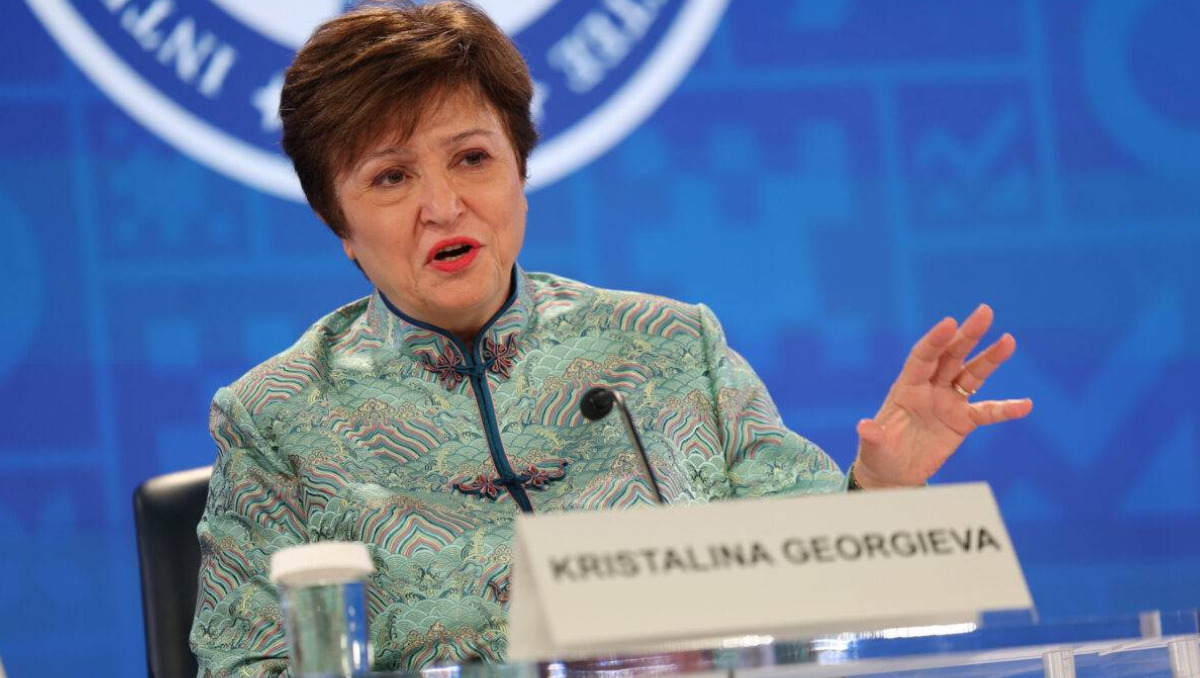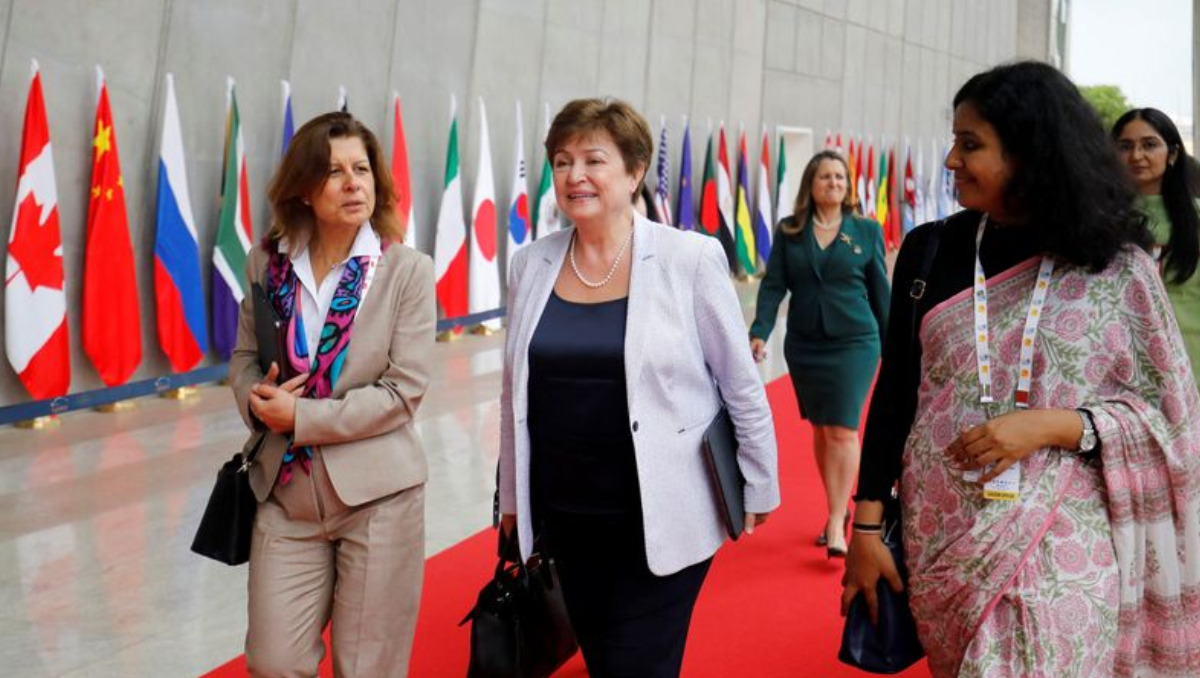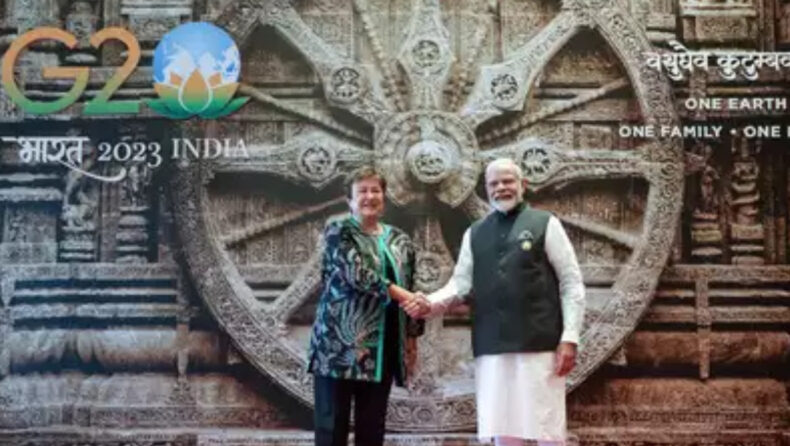In a bid to bolster the global economy and combat the escalating climate crisis, the International Monetary Fund (IMF) has issued a call to action, urging the world’s leading economies to bolster their resource quota and fulfill their promise of $100 billion annually in climate finance. This appeal comes as the G20 summit in New Delhi concluded over the weekend, where IMF Chief Kristalina Georgieva made these remarks along with other significant discussions on global financial stability and climate funding.
Table of Contents
IMF Chief’s Plea for Quota Increase
Kristalina Georgieva, the Managing Director of the IMF, emphasized the urgency of increasing the IMF’s quota resources before the year’s end. She underscored the necessity of such an agreement to enhance the global financial safety net and fortify the world economy against shocks.

Georgieva further explained that this quota increase would secure vital resources required for the IMF’s interest-free support programs aimed at assisting the world’s poorest countries through the Poverty Reduction and Growth Trust.
G20’s Climate Finance Commitment
The G20 summit held in New Delhi witnessed a significant declaration addressing not only the global economy but also climate finance. The G20 members made a renewed commitment to deliver $100 billion annually in climate funds, emphasizing the need for collective action.
In her statement, Georgieva called upon the G20 nations to lead by example and fulfill their promise of $100 billion per year for climate finance. She stressed that this commitment should be supported by strengthening multilateral development banks and mobilizing domestic resources through measures like tax reforms, efficient public spending, strong fiscal institutions, and deepening local debt markets.
Tackling Debt Vulnerabilities in Low and Middle-Income Countries
The G20 summit vowed to confront debt vulnerabilities in low and middle-income nations comprehensively and systematically. While no fresh plan of action was unveiled, the declaration highlighted the importance of addressing these vulnerabilities effectively.
The IMF chief emphasized the need for a concerted effort to strengthen and reform multilateral development banks, which play a pivotal role in supporting economic development and stability in various countries.
Regulating Cryptocurrencies on a Global Scale
Another significant development from the G20 summit was the acceptance of a proposal to tighten global regulations on cryptocurrencies. This decision reflects growing concerns about the impact of digital currencies on financial stability, consumer protection, and potential illicit activities.

Georgieva acknowledged the importance of this move and mentioned that there is more work to be done in the realm of digital money and crypto assets. The decision to regulate cryptocurrencies on a global scale signals the G20’s commitment to ensure the responsible and secure use of these financial instruments in the evolving digital landscape.
The outcomes of the G20 summit in New Delhi underline the interconnectedness of global financial stability, climate finance, and the regulation of emerging technologies like cryptocurrencies. The IMF’s call for an increase in its resource quota is a crucial step in bolstering the world economy and ensuring that the most vulnerable nations receive the support they need.
Additionally, the commitment to addressing debt vulnerabilities and regulating cryptocurrencies demonstrates the G20’s determination to navigate the challenges and opportunities of the modern financial landscape while working toward a more resilient global economy. The coming months will be pivotal in implementing these commitments and solidifying the path toward a stronger, more sustainable world economy.
Read More: North Korea Reveals Tactical Nuclear-Armed Submarine, Kim Observes













